-
July 10, 2025 → Recreational Successions – wandering site-specific installation for ‘Shifting Grounds Festival’ at PACT Zollverein, Zeche Zollverein, Essen
→ Read more
›Recreational Successions‹ conceives of the pioneer forest that covers the Zollverein slag heap as a borrower of space and material. Appearing at various locations on the slag heap, the installation also refers to traditional nomadic forms of construction, which on the one hand obtain the required materials from so-called undemanding, fast-growing plants and on the other hand return the areas they use to the environment little or unaltered.
-
April 13, 2025 → site specific accessible sculpture for Esche-Museum: The Raw and the Over-Cooked within Fabric Visions Exhibiiton
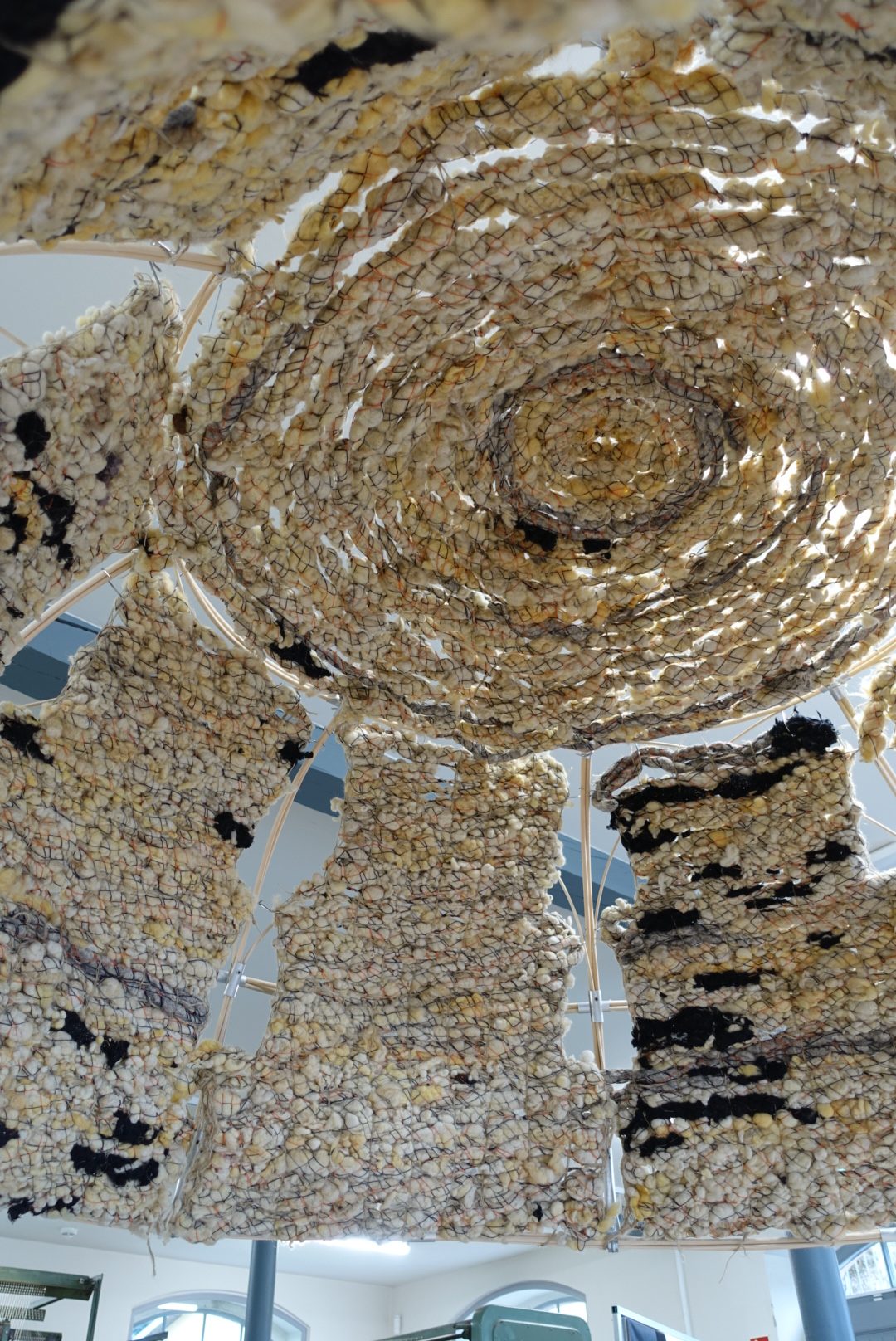 → Read more
→ Read moreAcrylic and polyester are highly synthesized (overcooked) natural matter. When they end up in landfill, they pollute the environment and hinder all organic materials in their endeavour to return to a natural cycle.This creates an economic waste that simply consumes matter and energy irreversibly. This entropic process happens to a point where it becomes an insurmountable effort to re-concentrate the matters and the energies, to separate the raw from the cooked. Who would you serve a soup like this to?
-
September 12, 2024 → Fiumicina: a public solar kitchen on the river, FLUX programme Lungomare, Bozen / Bolzano
 → Read more
→ Read moreThe Fiumicina is an open kitchen by the river, where food supply is neither a purely private, nor a consuming act, but a communal activity. The many hands involved in preparing a meal are given visibility (from harvesting to processing and preparation). The public space offers the ideal framework for initiating collaborative processes as a means of shaping environmentally conscious daily practices.
-
September 1, 2024 → ‘Daybed’ functional outdoor sculpture at IDEAL art space, Leipzig
→ Read more
Daybed is a functional sculpture that brings the intimacy of the private sphere into the outdoor space. It invites us to examine the limits and possibilities of urban infrastructures and encourages us to think about forms of being together and communal regeneration.
-
April 28, 2024 → Radiant House in ‘Our House is a Very Very Very Fine House’ group exhibition at Kunstmuseum Bochum
 → Read more
→ Read moreAccording to the International Energy Agency, we are facing “an energy crisis that is truly global”, for the first time. The prices for natural gas, oil and electricity have reached record highs (autumn 2023). On the other hand, as fossil fuels become more and more scarce, their extraction has ever more detrimental consequences for the environment and climate change. However, winter still comes each year and we do have to warm up.
-
December 3, 2023 → Collective Fictions & Frictions: Imaginary Genealogies
→ Read more
With Shania Anand, we imagined our archive not as a dusty folder, but with the idea “to actually use and consume things, to keep them in, or bring them into, circulation, and to literally throw them forth (Latin: proicere), into a shared and distributed process that operates based on diffusion, not consolidation, through imagination, not memory, and towards creation, not preservation.“
-
December 2, 2023 → Who Are We #12 Collective Frictions and Fictions, Urbane Praxis Lobby & Uferstudios, Berlin
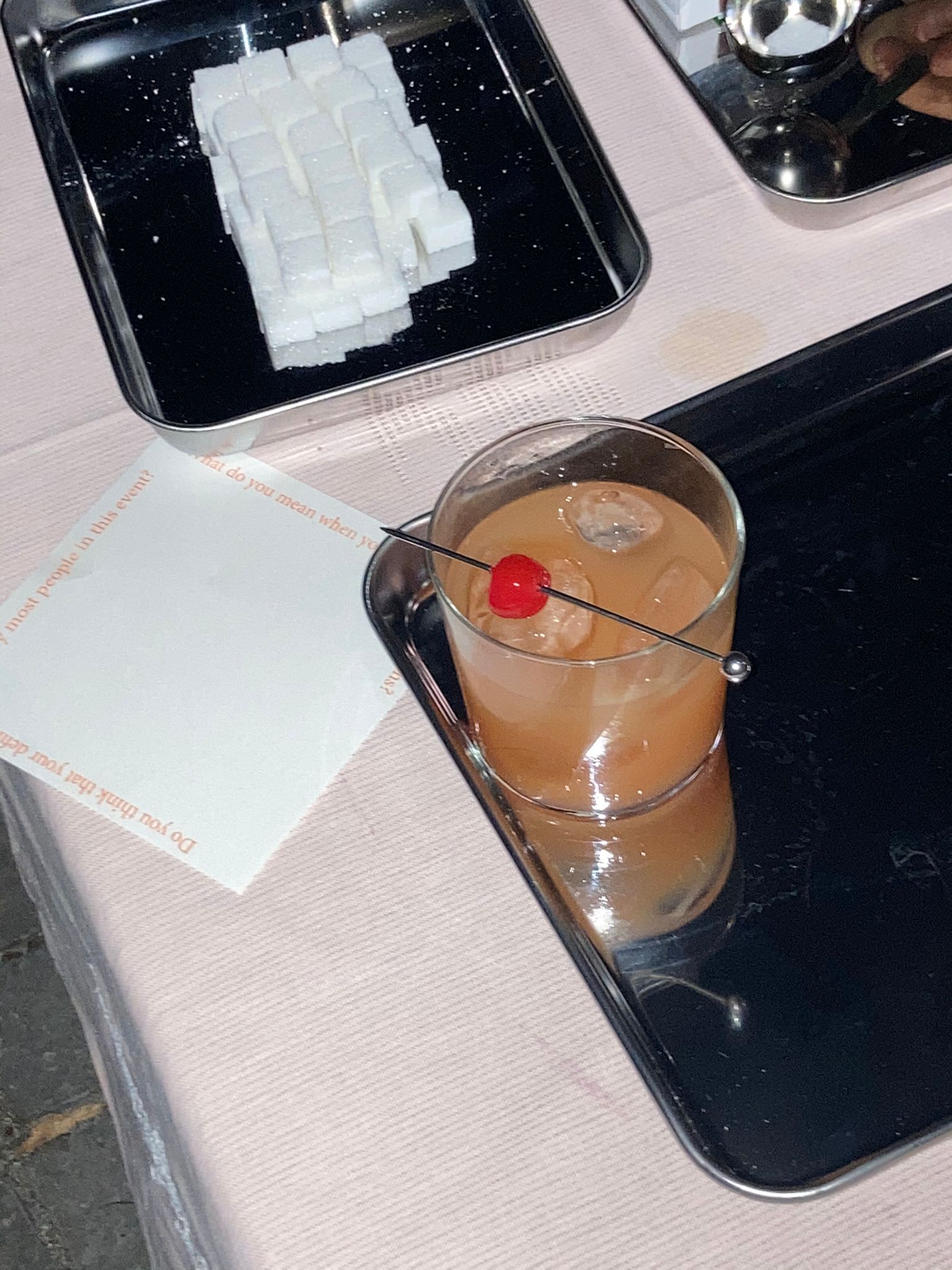 → Read more
→ Read more„If commoning has a meaning, it must be the production of ourselves as a common subject” — Federici, 2019
-
November 26, 2023 → Cucina Rovina – The Kitchen in Ruins: Software-ing Spaces Winter School, Bergamo, IT 2023
→ Read more
Software-ing Spaces is a spatial experiment inside Bergamo’s former prison and monastery Sant’Agata (ExSA), through which students and young professionals from diverse backgrounds are invited to collectively experience what it means to take care of an urban common in an act of cohabitation and collective auto-construction.
-
September 2, 2023 → Who Are We #11 Immune-boosting and Patriarchy-weakening Drinks and Tinctures, Haus des Wandels, Heinersdorf
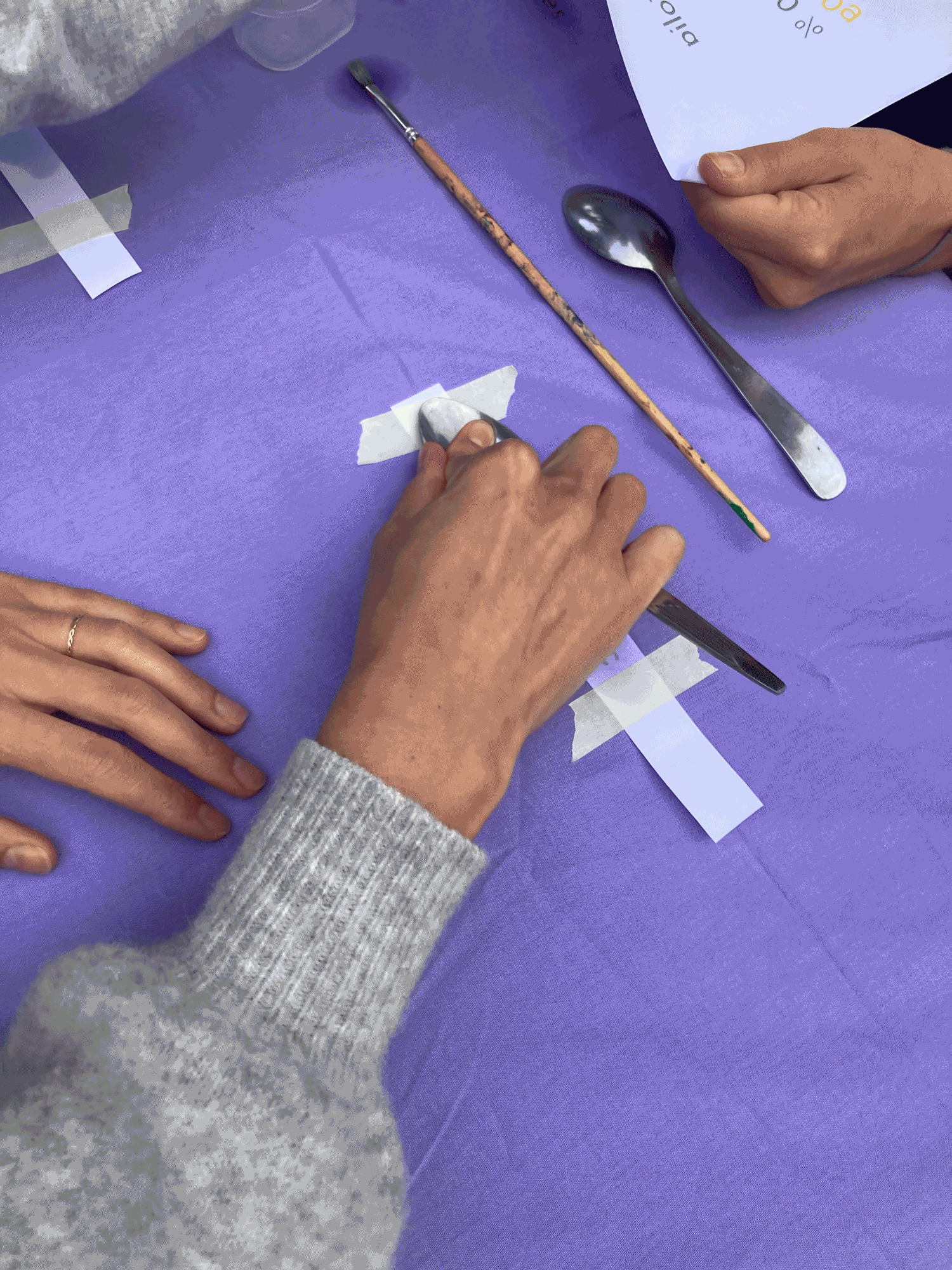 → Read more
→ Read more‘No medicinal herbs can grow in the dirt of capitalist society which can help cure capitalist anarchy.’ — Rosa Luxemburg
-
May 8, 2023 → Who Are We #9 Contribution Seminar ‘On Collective Work: Deconstructing Structures’, UdK Berlin
→ Read more
“There is no such thing as a structureless group” states Jo Freeman in her article ‘The Tyranny of Structurelessness’, “the idea becomes a smokescreen for the strong or the lucky to establish unquestioned hegemony over others”.
-
April 18, 2023 → Who Are We #10 Contribution ‘In the Economy of Letters’, Performing Urban Curating Symposium, Hamburg
 → Read more
→ Read moreIn the economy of letters anything is possible. Better still, one who is endowed with sufficient letters can do anything. Long words, love letters, songs, poetry, a deep conversation or simply calling the insurance company to demand a refund for a faulty debit.
-
January 31, 2023 → Capturing Construction at Politecnico di Milano 2023
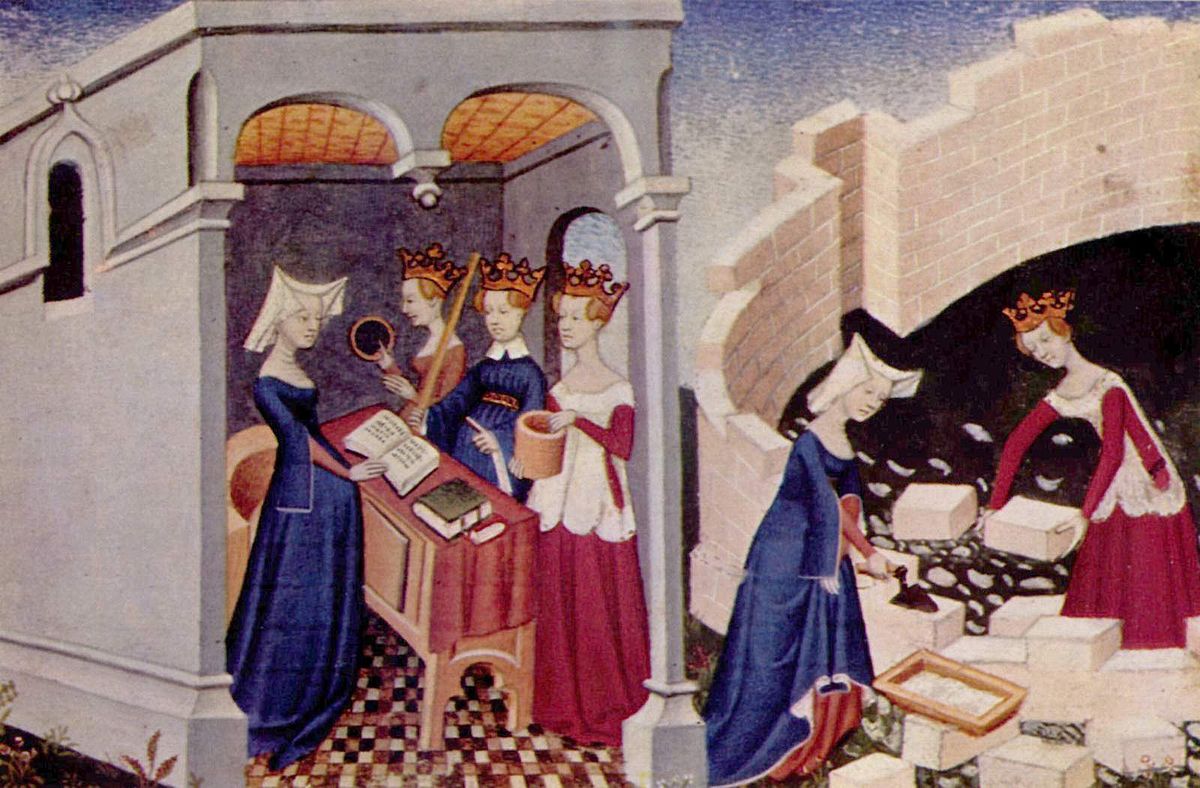 → Read more
→ Read moreThe physical conditions under which architectures are produced (the material making of architecture) are to my knowledge little considered in terms of their spatial potential, political relevance and timely duration within architectural conception.
-
November 17, 2022 → Soft Construction
 → Read more
→ Read moreSoft Construction refers to a caring and careful approach to the city. An ‘inverted’ construction site that replaces hard elements with soft, waste with care, irreversibility with composting, reckless abstraction with mindfulness. The surfaces and materiality of the artwork create a quality of stay in the midst of opaque, harsh and exclusionary construction sites. The materials are sustainable. The Euro pallets are pliable and the cement bags bulbous, the roadblocks sag and a yellow sewage pipe snakes around the corner. Anybody is invited to move the elements and use them to sit, lie down and linger.
-
November 17, 2022 → Combustion in Question at Tullara Brick Factory, Manifesta, Pristina, Kosovo 2022
 → Read more
→ Read moreCombustion in Question was a format structured around formulating different questions towards and putting up a range of hot and cold experiments with materials from the former Tullara Brick Factory, Pristina, Kosovo
-
June 12, 2022 → Aus der Speisekammer – in Folkwang und die Stadt for 100 years of Folkwang Museum, Essen
→ Read more
AUS DER SPEISEKAMMER (out of the food chamber) come topics such as producing and preserving – food and community, hosting, confronting abundance and scarcity. What are the basic needs and requirements to start a conversation?
-
May 1, 2022 → Backhauswagen at Dragonerareal, Berlin
 → Read more
→ Read moreHeating a wood-fired oven takes time, as does preparing the bread dough. In contrast to the quick sandwich on the hand, such a procedure seems backworldly. It is only revealed on second glance that even in the present city, care and time are important ingredients that shape our cityscape.
-
April 29, 2022 → Who Are We? #7 reading eco-feminism and the forest at Waldraum (Brücke-Museum), Berlin
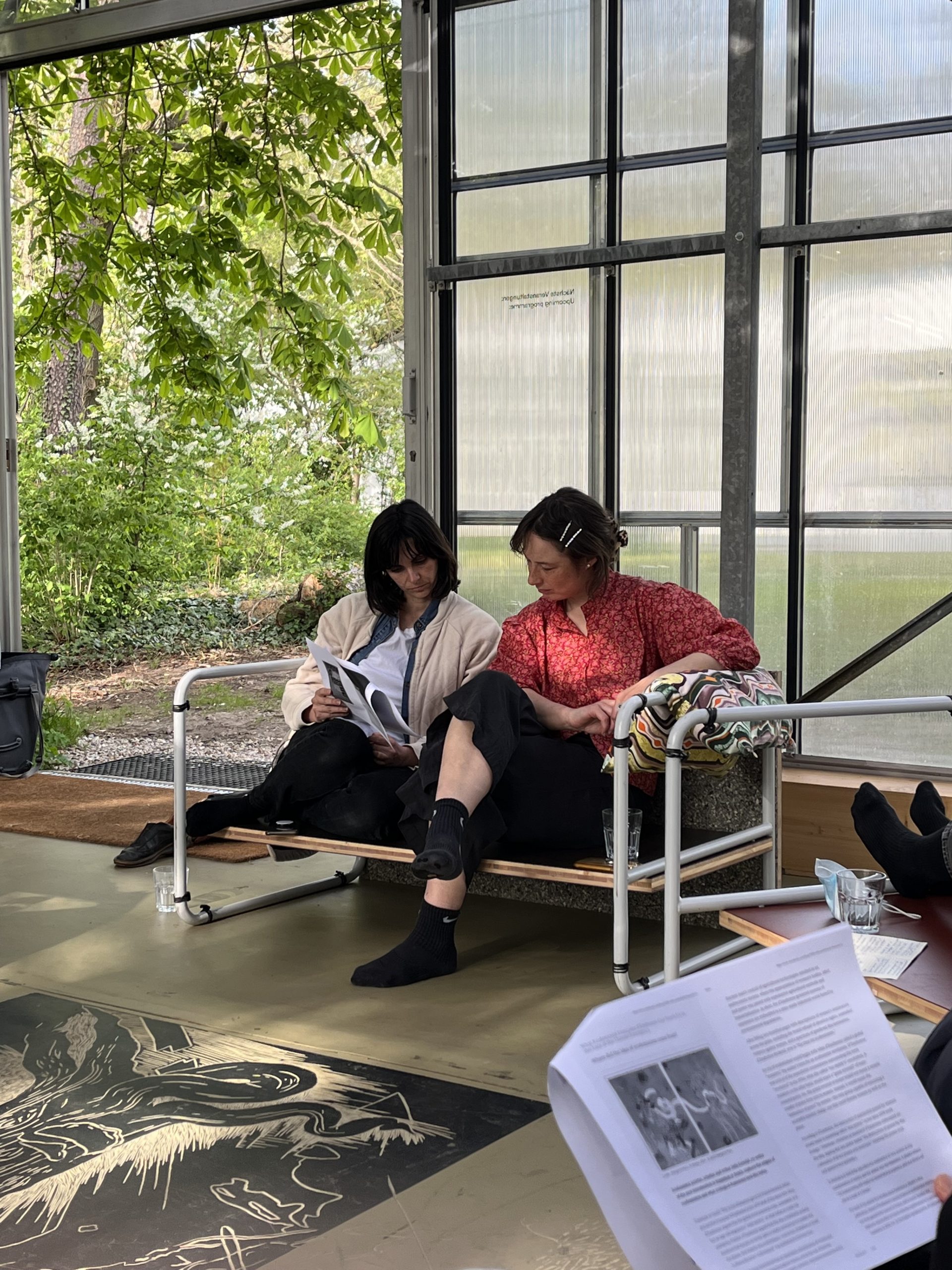 → Read more
→ Read moreNo common is possible unless we refuse to base our life and our reproduction on the suffering of others, unless we refuse to see ourselves as separate from them.
-
March 8, 2022 → Who Are We #6 Feminist Night Scapes: Walking is Weaving, Audio Night Walk, online
→ Read more
Wherever you are, whether you are wearing a warm coat or enjoying a fresh breeze, whether you are walking in daylight or darkness, if like me you are in Berlin. This walk is taking us through landscapes with different expressions of urbanity, there are many portraits to draw of this city. We pass through garden colonies, different streets, narrow and wide, cobbled, the canal, former horse stables, cemeteries, balconies waving peace flags. Along the way, we meet different kinds of creatures, bacteria, plants, small and large animals, including several humans, some are accompanied by dogs. Some are considered native, others invasive, some harmless, others dangerous, all of them sharing the same living space.
-
January 21, 2022 → Archive of Contested Stones in Soft Construction, gegen\archive: wer bleibt wo exhibition prater gallerie / ACUD
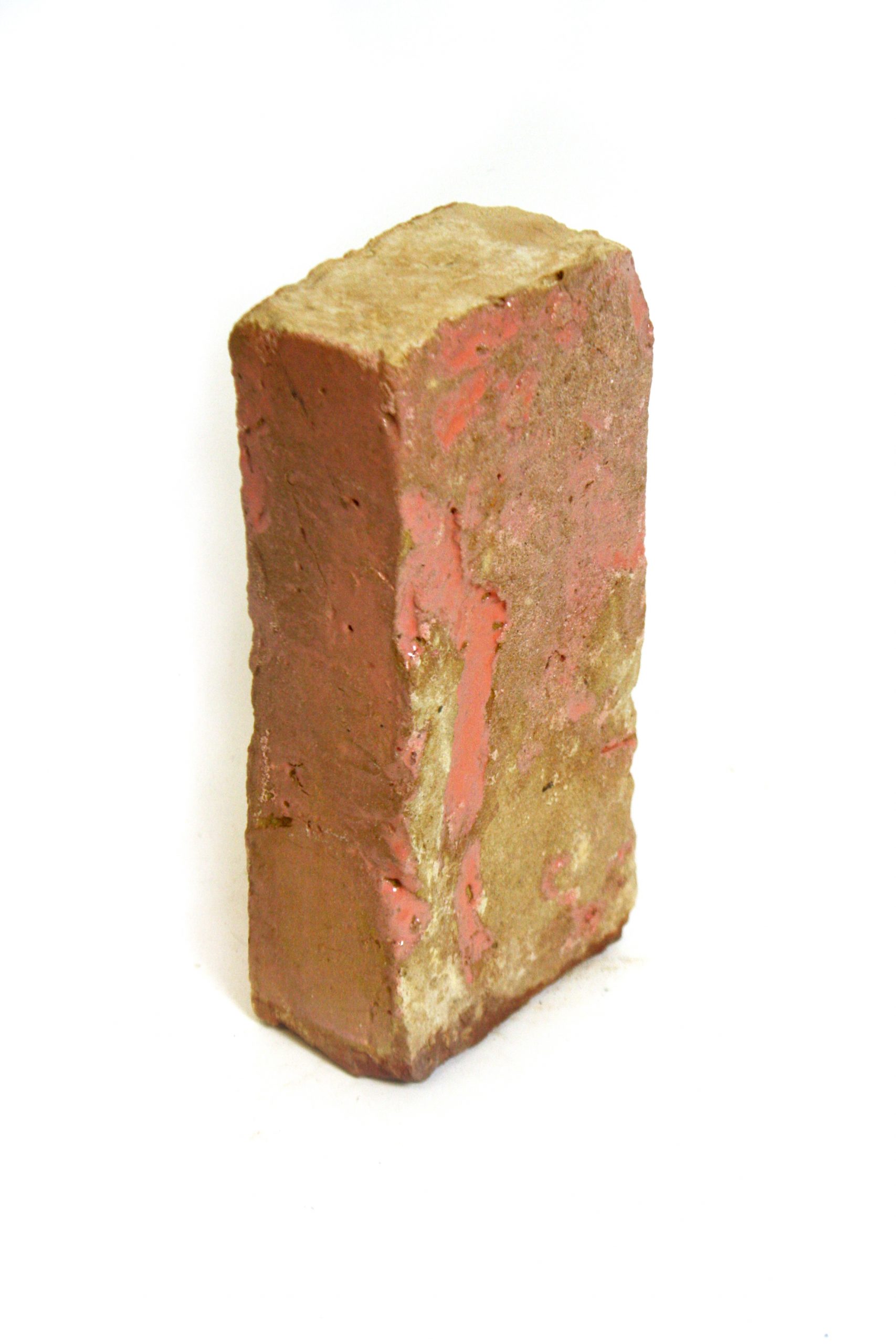 → Read more
→ Read moreSchönhauser Allee 135 – building brick, empire-format: In the attic of 135, a relatively well-isolated sound studio in which back in the day, even productions for important state radio programmes were recorded (if only they knew!).
-
October 17, 2021 → Who Are We #5 Spot on Economies at PACT Zollverein
→ Read more
Deepening the practice of and research conducted within our Who Are We initiative, over the course of two weeks we had the possibility to stretch our tentacles in many directions; confronting the neo-liberal system based on scarcity with an activism of abundance (Valeria Graziano and Giulia Palladini); staging a Common Wallet – imagining how to unlearn negative associations between money, precarity and taboos, and replace them with practices of radical trust…
-
October 1, 2021 → Who Are We #4 Roaming Workshops: Approches to Decolonial Work During a Pandemic, Minor Cosmopolitanisms, University of Potsdam
→ Read more
In autumn 2021 Who Are We participated in a series of events convened by the Research Training Group Minor Cosmopolitanisms at the University of Potsdam entitled ‘Approaches to Decolonial Work During a Pandemic’ that deals with a postcolonial approach to ecologies, inequalities, bodies, indigeneities and alternative genealogies.
-
August 31, 2021 → Waldraum at Brücke-Museum, Berlin, 2021
 → Read more
→ Read moreOn the edge of Grunewald forest in southwest Berlin, Waldraum was realiased as an experiential space for social encounters, for the Brücke-Museum, which houses a large collection of works by members of the German expressionist movement “Die Brücke”. A transparent and permeable shell allows transformations from outside to enter the inside space: an open and bright room for art-making and meetings between human and non-human elements. The unobstructed view of the natural surrounds is in keeping with architect Werner Düttmann‘s 1967 concept for the museum building itself.
-
June 9, 2021 → Who Are We #3 ¥€$! Sustainable, Healthy and Fair Working Conditions at Dragonerareal w/ Guerilla Architects
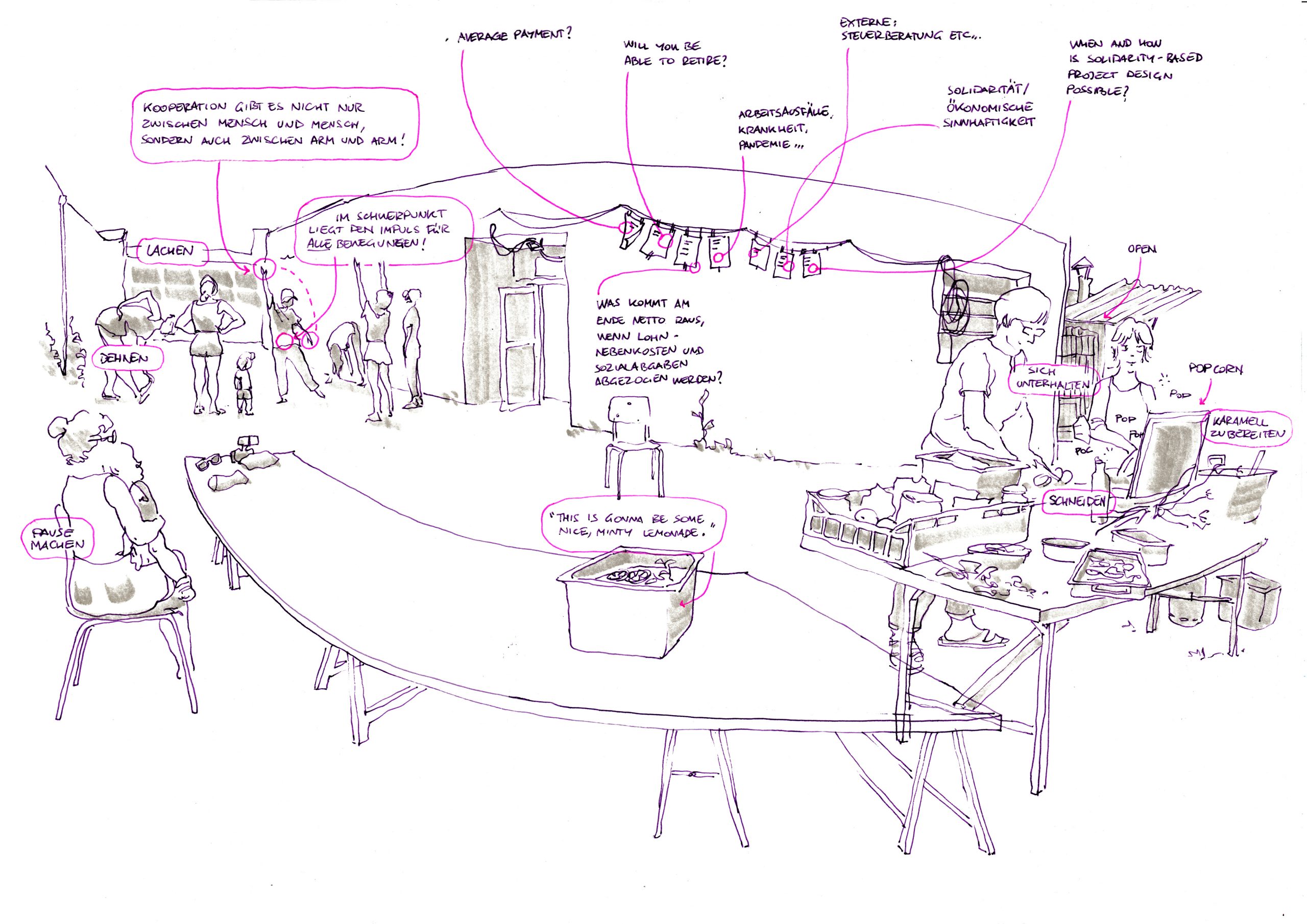 → Read more
→ Read moreTo trigger a discussion on sustainable, healthy and fair working conditions Who Are We spoke to Magdalena Ziomek, managing director of the cooperative for freelancers – SMartDE eG, and Anna Mareike Holtz from Kulturbüro ehrliche Arbeit. We would like to pragmatically shed light on cooperative and solidary working principles and legal forms, but also on how to organise and discuss collaborative work more politically.
-
March 3, 2021 → Who Are We #2 Hard C* Times: Working Cultures Based on Non-Violence and Solidarity on Tempelhofer Feld
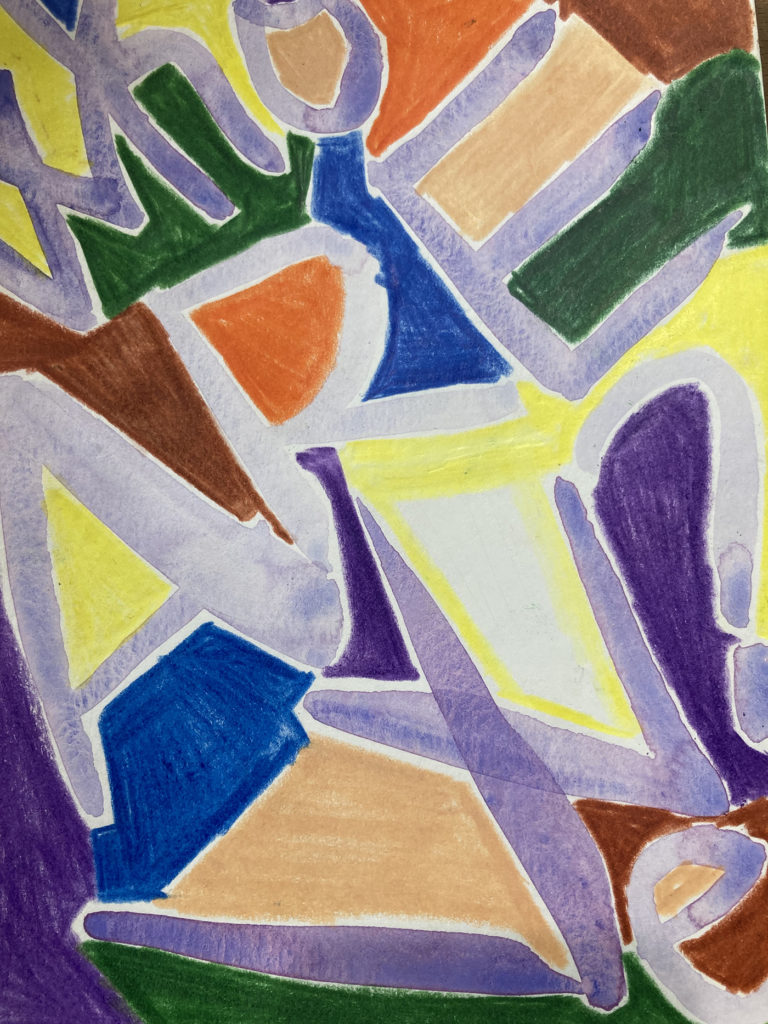 → Read more
→ Read moreCultivating the small seed that we planted, a seed of a different working culture, based on non-violent communication and solidarity, on joyful self-criticism, on care for (our) bodies and minds…
-
December 2, 2020 → Who Are We #1 Launch: On Caring Activism and Intersectional Perspectives in Curating at Haus der Statistik & online w/ Zuloark
→ Read more
With a nod to artist Mierle Ukeles Laederman’s 1969 Maintenance Manifesto with the much quoted question of “After the revolution, who’s going to pick up the garbage on Monday morning?”, the following questions can be asked: Who writes e-mails over the weekend? Who is active on twitter? Who keeps the facebook account alive? Who cleans the space for the next meeting? Who organizes timelines and resources? Who writes the grant applications?
-
October 27, 2019 → ARGE unmittelbare Nachbarschaft at MK&G Hamburg’s Social Design Exhibition
→ Read more
Crossing Steintorplatz or Altmannbrücke, past tall buildings, across railroad tracks and countless lanes – anyone who finds themselves in the Museum für Kunst und Gewerbe Hamburg (MK&G) is part of what this section of the Social Design exhibition deals with: the immediate surroundings of the building.
-
July 1, 2019 → Kollektionsküche at Hotel Egon Residency within IBA Thüringen programme at Eiermannbau, Apolda, 2019
→ Read more
Departing from the ingredients of local specialities like the Thüringer Wurst and the geo-cultural history of its ingredients, in an applied research, the Kollektionsküche (collecting kitchen) systematically investigated all forms of food production in the rural-urban area around Apolda.
-
September 23, 2017 → Fire Kitchen at Vila Itororo artist residency by Goethe Institute, Sao Paulo, Brazil
→ Read more
Different types of clay pots can be found in all cultures around the world, well distinguished in their construction, function and use following local appearances of materials and ingredients. This contextual sensibility results in sophisticated shapes. In the uniform canon of industrially shaped product culture, we often lose this diversity as a reasonable connection to meaning and origins of dishes and utilities.
-
August 1, 2017 → The Arch: A socio-circular gate to technology at Thorpark, former coal mine in Genk, Belgium, 2017
→ Read more
On an industrial scale, recycling is nothing new. However, industrial recycling processes have not embraced closed cycles of production, waste and reproduction. Economic efficiency and productivity are the key factors dictating the degree materials and human power should be valued, exploited or wasted. Industrial and consumerist processes always need to produce strong, finished products. However, if we add factors such as learning outcomes, social encounters and sustainability to this equation, new conditions make recycling interesting on a different scale.
In the Arch, the transformation and rebirth of new materials is not only an aspiral outcome, but the setting for one-to-one learning experience and a new ground for sociability, cultivating exchange, experimentation and emergence of new ideas coming from a diverse public.
-
October 1, 2016 → Hot Stuff: heated public bench within Urban School Ruhr programme in Witten DE
 → Read more
→ Read moreA Rocket Mass Heater is a very efficient kind of heater which uses very little fuel (wood) for a maximum output. With the rise of open source knowledge and the online DIY scene, rocket mass heaters became an internet phenomenon.
-
May 1, 2016 → The Strolling Oven at Giardino Ammirato Residency within Freehome University in Lecce, Italy, 2016
→ Read more
The oven is strolling around, sitting down here and there,
attentively observing its surroundings.
It is made from clay, water and aluminate cement.
In its time, where a day is a second, it‘s flexible like a frog.
